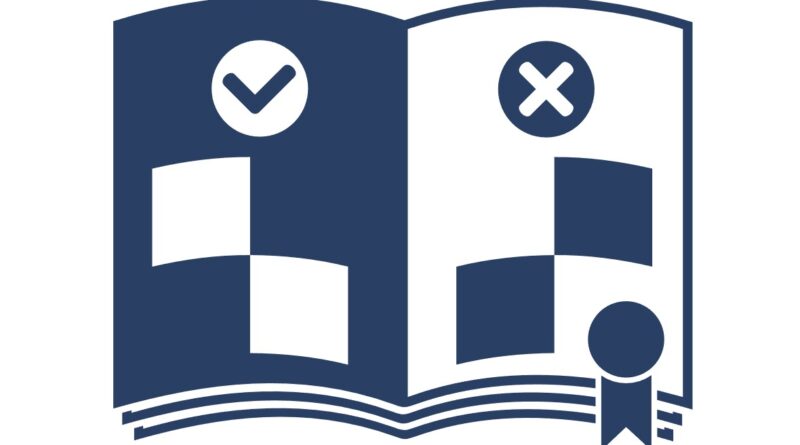Questions & Answers n. 5, December 2024 (Re-write the Laws of Chess)
by IA Stéphane Escafre, FIDE rules commission
Since more than one year, the Rules Commission has been working on re-writing the Laws of Chess. But why has it been decided to do so? Stéphane Escafre, Chairman of the Rules Commission, will explain why in this two-parts interview. The second part will come the next month.
General Background
Why is it necessary to rewrite the Laws of Chess now? Are there specific problems with the current version?
The current version of the Laws of Chess has been in use for many years and generally works well. However, we have received several complaints from organizers and players, particularly regarding the sanctions. The main issue is inconsistency: the same infraction can result in different penalties depending on the interpretation of the rules. This lack of uniformity has led to confusion and frustration, making it clear that updates are needed to ensure fairness and clarity.
Can you give us some examples?
Of course. Recently, a national arbiter penalized a player by removing half an hour from their remaining time simply because the player forgot to write down one move. When his colleagues asked, ‘Why did you reduce so much time?’ he replied, ‘Because it’s legal.’ And technically, he was almost correct. Article 12.9 of the current Laws simply states that the arbiter can ‘reduce the remaining time of the offending player,’ without providing clear guidelines on the extent of the penalty.
Another frequent issue involves dropping pieces on the board. Different organizers handle this infraction in completely different ways: some give a warning the first time and then declare a loss on the second offense; others reduce the player’s time, while some do nothing at all. I completely understand how such inconsistencies can be very frustrating and unsettling for athletes!
Motivations and Key Changes
Why are you rewriting all the Laws of Chess instead of simply providing guidelines for handling different infractions?
That’s a good question. Simply adding guidelines might seem like a simpler solution, but the problem goes deeper. The current Laws of Chess have accumulated ambiguities and inconsistencies over the years, not only in areas like penalties and sanctions. These issues can’t always be resolved by guidelines alone, as they are often caused by vague or outdated wording in the rules themselves.
This is an opportunity to create a clearer, more consistent framework that ensures fairness for players and provides arbiters with unambiguous instructions. It’s also necessary to modernize the rules, particularly to address challenges that arise in rapid and blitz games, where decisions often need to be made quickly. A comprehensive rewrite ensures that the rules are clear, and adaptable to the needs of the chess world today and in the future.
Will you change the structure of the current Laws of Chess?
Yes, we plan to change the structure of the current Laws of Chess significantly. Instead of simply modifying the existing layout, we are creating a completely new structure from the ground up, inspired by how other sports organize their fundamental rules. This new “sport-like” approach will make the Laws of Chess clearer, more logical, and easier to navigate for players, arbiters, and organizers alike.
The current structure was the result of decades of small, incremental changes, which has made the Laws increasingly difficult to read, interpret, and adapt. By starting fresh, we hope this new structure will not only be more user-friendly but also make it easier to incorporate future changes and updates as the game evolves.
What are the principles for the Re-Write?
(a) Simplify content and language
(b) Restructure, similar to other sports
(c) Not all severities are the same
(d) Compensation vs. punishment
(e) Reorganization of illegal moves
(f) Every arbiter makes the same call
(g) Adaptable to new technologies
See you next month for the second part!
Meanwhile, if you have any questions or curiosities, send it to stephane.escafre@fide.com


